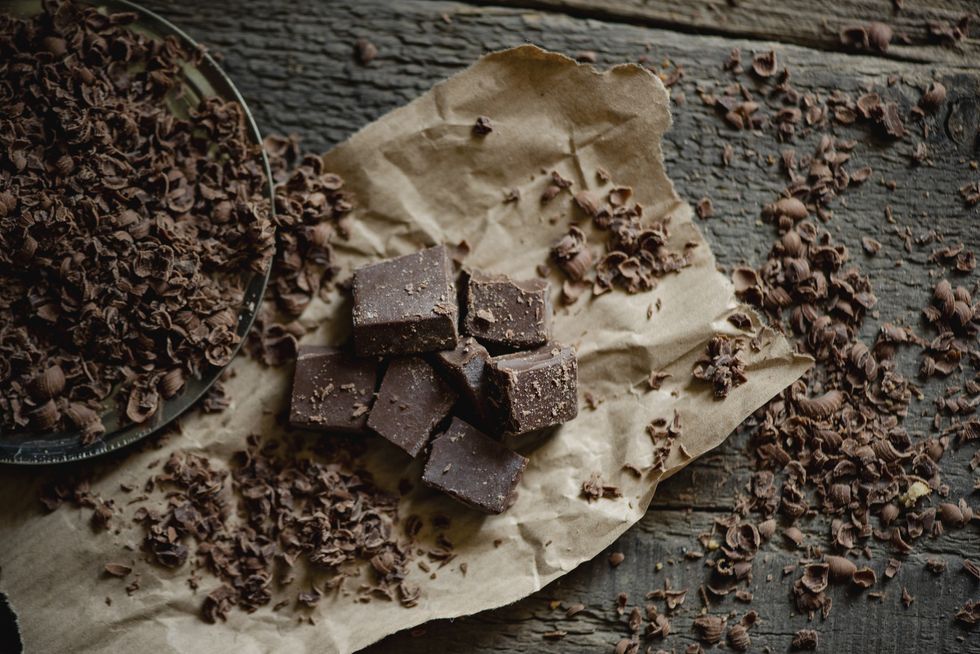Eating dark chocolate could slash your risk of developing type 2 diabetes by more than a fifth, according to groundbreaking new research from Harvard University.
The extensive study, published in the BMJ, found that people who consumed dark chocolate at least five times per week had a 21 per cent lower chance of developing the condition.
However, researchers stressed that milk chocolate does not offer the same health benefits, highlighting the importance of choosing the right type of chocolate.
The research tracked 192,208 participants over more than 30 years through multiple health studies, including the Nurses Health Studies and the Health Professionals Follow-up Study.

Dark chocolate can cut the risk of Type Two Diabetes
Getty
Nearly 19,000 participants developed type 2 diabetes during the study period. The findings revealed that consuming any type of chocolate five times weekly reduced diabetes risk by 10 per cent.
However, dark chocolate showed significantly stronger benefits, with each additional weekly serving reducing diabetes risk by 3 per cent.
The study primarily involved non-Hispanic White participants, with chocolate consumption levels lower than national averages.
“We were surprised by the clear split between dark and milk chocolate’s impact on diabetes risk and long-term weight management,” said Dr Qi Sun, associate professor at Harvard.
LATEST DEVELOPMENTS

Dark chocolate with a percentage of over 70 is said to reduce the risk of the condition
Getty
“Even though dark and milk chocolate have similar levels of calories and saturated fat, it appears that the rich polyphenols in dark chocolate might offset the effects of saturated fat and sugar on weight gain and diabetes.”
Dr Sun, who specialises in Nutrition and Epidemiology, believes these intriguing differences warrant further investigation.
Medical expert Dr Sham Singh from WINIT Clinic recommends choosing dark chocolate with minimal added sugar and at least 70 per cent cocoa content.
“These compounds have been shown to improve insulin sensitivity, reduce inflammation, and enhance endothelial function; all critical factors in managing or preventing type 2 diabetes,” explained Dr Singh. He advises consuming about 30 grams of dark chocolate a few times per week.
Dr Singh warned against chocolates containing fillers, high fructose corn syrup and artificial flavourings, emphasising the importance of choosing natural products.
The study found that milk chocolate consumption showed no reduction in type 2 diabetes risk and was actually linked to increased weight gain, particularly in people with obesity.
Researchers noted that dark chocolate’s benefits likely stem from its high levels of flavonoids, particularly catechins and epicatechins. The chocolate’s magnesium content may also help regulate blood sugar levels.
Experts recommend incorporating other antioxidant and fibre-rich foods alongside dark chocolate, such as berries, nuts, legumes, whole grains and leafy greens, to support metabolic health and improve insulin sensitivity.